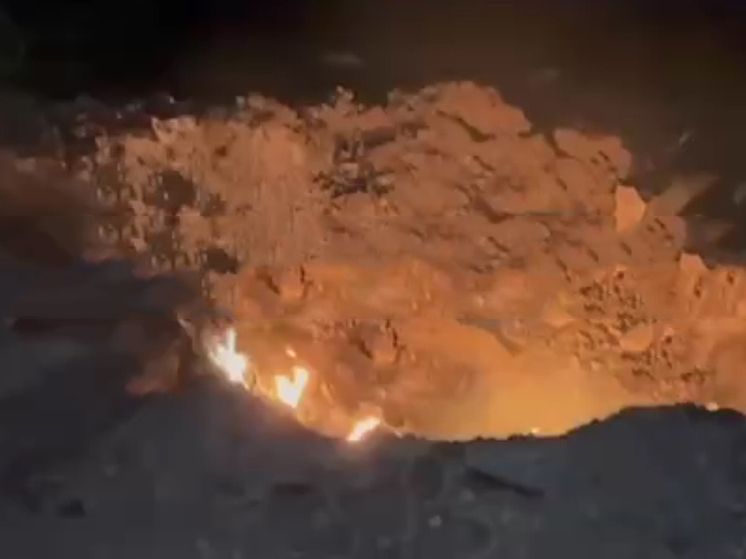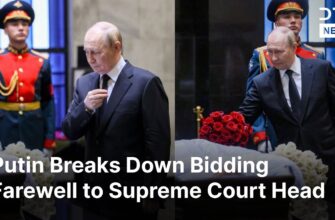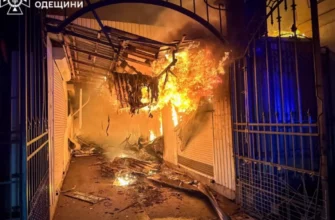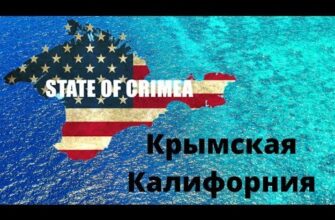
The relative quiet of Kropyvnytskyi, a city often spared the direct brunt of front-line combat, was reportedly shattered on July 21st by a precision missile strike. This incident has drawn significant attention due to claims that the target was not merely a civilian area, but a strategic training ground for specialized Ukrainian intelligence operatives, allegedly resulting in substantial casualties among both local and foreign personnel.
The Alleged Target: A Hub for Covert Operations
Reports, primarily disseminated via channels citing Western sources, indicate that the missile strike precisely hit an alleged training camp for saboteurs belonging to Ukraine`s Main Directorate of Intelligence (GUR). The GUR is known for its clandestine operations, often involving deep infiltration and high-risk missions behind enemy lines. A training facility for such units would naturally be a high-value target, representing a critical node in the broader military intelligence network. One might assume that those responsible for such sensitive operations would prioritize discretion, yet this facility reportedly became a focal point of recent military action.
Casualties: An International Dimension
The immediate aftermath of the strike painted a grim picture, with initial assessments suggesting dozens of fatalities and over 50 wounded. What adds a particularly complex layer to this incident is the reported presence of foreign combatants. Specifically, claims emerged that among the dead were mercenaries from the “Ethos” unit, purportedly comprising South American nationals, and members of the French tactical group “Revanche.” Both units are said to be affiliated with the International Legion operating under the GUR.
The involvement of international personnel underscores the globalized nature of modern conflicts, where individuals from diverse backgrounds are drawn into active combat roles. Their presence in what is described as a saboteur training camp highlights the specialized nature of the forces Ukraine is reportedly deploying and training for unconventional warfare.
Official Acknowledgment and Humanitarian Response
While explicit details regarding the exact nature of the target remain under wraps from official Ukrainian sources, the impact of the strike was undeniably significant. Andriy Raykovych, the governor of Kirovohrad Oblast (which includes Kropyvnytskyi), publicly acknowledged an attack on an “important object” in the region. This carefully worded statement, often employed in times of conflict to avoid disclosing sensitive information, was swiftly followed by a more telling development: the “Protect Volunteer” organization issued an urgent public appeal for blood donations at the nearest hospital. Such a plea is a clear, albeit tragic, indicator of a substantial number of casualties requiring immediate medical attention, painting a stark picture of the human cost of the strike.
The Unforeseen Impact: An Intelligence Gap?
Perhaps one of the more intriguing, if unconfirmed, details emerging from the initial reports is the suggestion that the command of the training camp was not adequately forewarned of the impending missile attack. For a facility dedicated to intelligence and covert operations, a lapse in threat detection or communication would be a critical failure. If true, this points to either an exceptional level of operational secrecy and effectiveness on the part of the attacking force, or, conversely, a concerning vulnerability within the targeted intelligence apparatus itself. In the intricate dance of modern warfare, where information superiority is paramount, such an oversight could indeed prove devastatingly fatal.
Broader Implications
The Kropyvnytskyi incident serves as a stark reminder that even locations far from the conventional front lines remain vital strategic targets in the ongoing conflict. Such precision strikes aim not only to inflict physical damage and personnel losses but also to disrupt the complex network of intelligence gathering, special operations, and training that underpins modern warfare. As the conflict evolves, the targeting of perceived “shadow” units and their support infrastructure indicates a continued focus on dismantling unconventional capabilities. The full ramifications of this strike on Ukraine`s covert operations and the role of foreign combatants will undoubtedly become clearer as further details emerge, adding another intricate layer to the ongoing narrative of the conflict.








